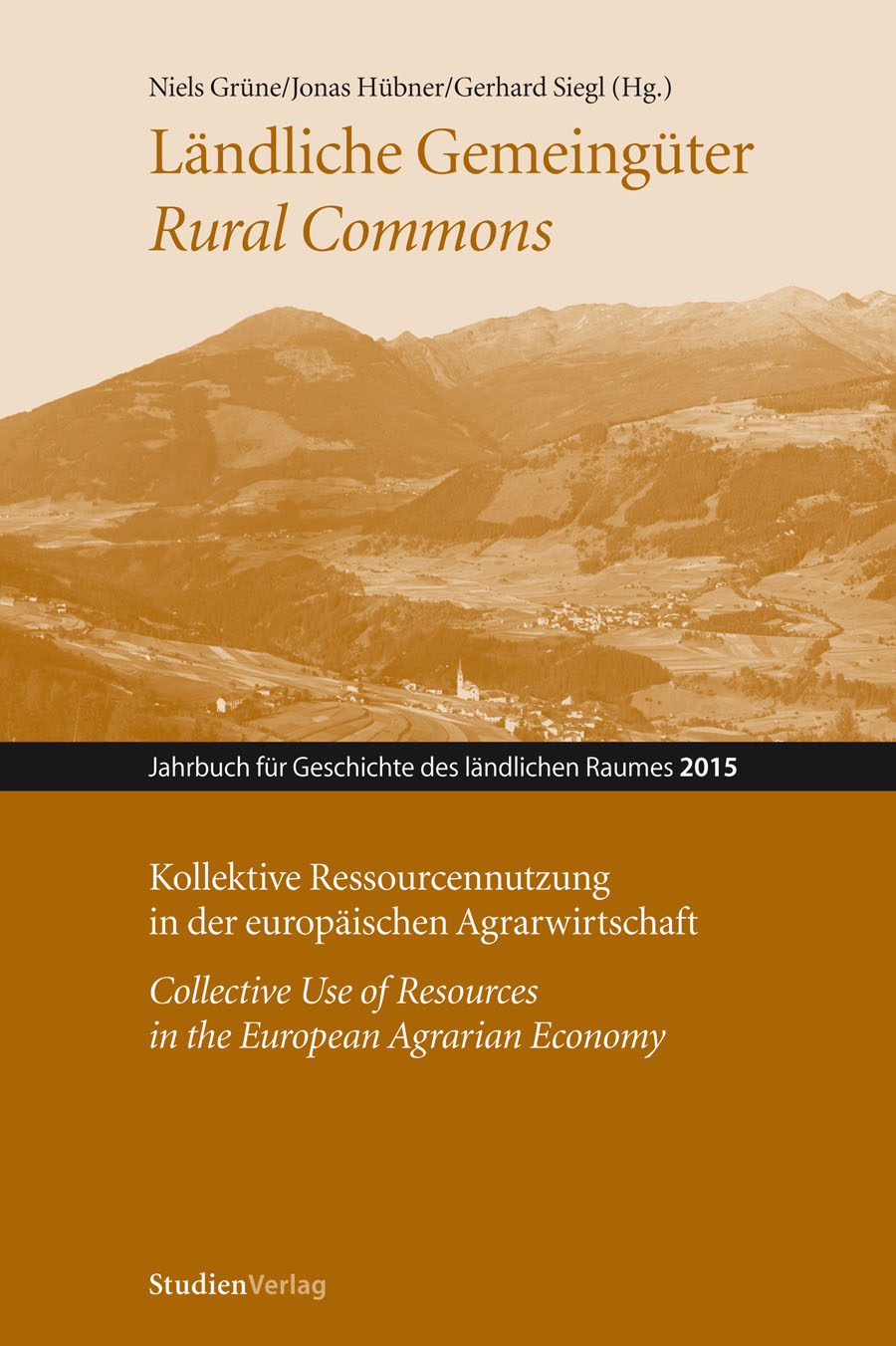Managing common land in unequal societies
The case of the Lombard Alps in the eighteenth century
DOI:
https://doi.org/10.25365/rhy-2015-12Abstract
It is well known that commons played and still play a leading role in mountain economies, since the most important natural resources – pasturages, meadows, woods, water – belong to the communities and are used by the inhabitants. This contribution deals with the management of common land in the Lombard Alps in the eighteenth century with a special focus on the features of local societies. The research question examines in which way unequal societies, such as those of mountain areas, managed common land. In the Lombard Alps there was a double inequality regarding the use of common resources. Firstly, there was a clear distinction between the antichi originari (inhabitants settled there at least for a century) who had access to resources and management of common land, and the forestieri (strangers) who had not. Secondly, there were also great disproportions in income between originari and forestieri as well as among the originari. Consequently, the article focuses on the way in which such social and economic structures affected the management of the commons, with a particular emphasis on the access to and use of pasturages and woods. It demonstrates that in some
cases the collective use of commons was not the best solution in terms of equality.


